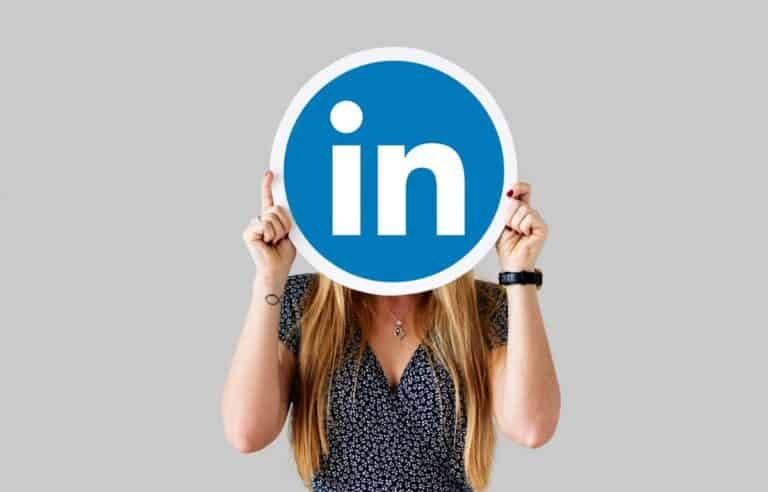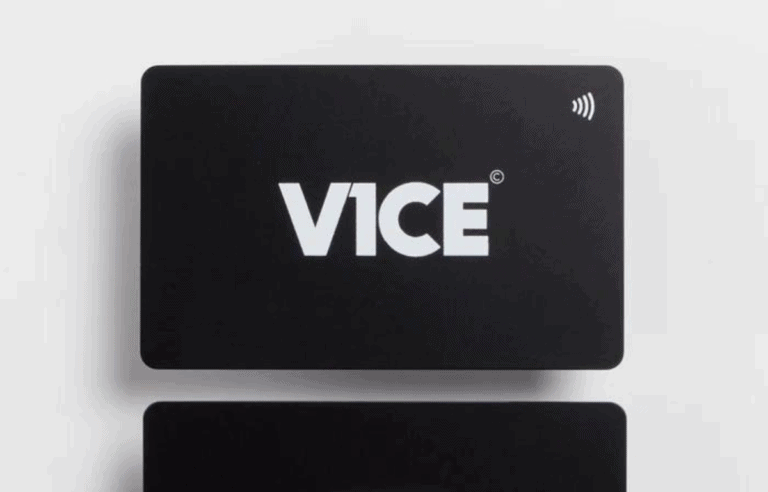Digitale visitekaartjes gebruiken voor netwerken
As a business owner or professional, networking is an essential part of building relationships and growing your brand. The traditional way of exchanging paper business cards has been around for centuries, but with the advent of digital technology, a new and more efficient way of sharing contact information has emerged: digital business cards.
What Are Digital Business Cards?
Digital business cards, also known as e-business cards or virtual business cards, are electronic versions of traditional business cards. They are shareable via mobile apps, email, QR codes, or other digital platforms. Digital business cards can contain a variety of information, such as contact details, social media profiles, company information, and branding elements.
Benefits of Using Digital Business Cards for Networking
Digital business cards offer many advantages over traditional paper cards, especially when it comes to networking. Here are some of the benefits:
Ease of Sharing Contact Information
With digital business cards, you can easily share your contact information with others. You simply need to just send an email or have someone scan a QR code or tap a phone against an NFC-enabled device. This eliminates the need for manual data entry and makes it easier to keep track of your contacts.
Gemak en toegankelijkheid
Digital business cards are accessible from anywhere as long as you have an Internet connection. What this means is that you can share your information with anyone at any given moment, even if you don’t have a physical card on hand. It also makes it easier for others to find and contact you later on, as they can simply save your digital card to their phone or computer.
Increased Visibility and Branding Opportunities
Digital business cards offer more branding opportunities than traditional paper cards. On the card, you can include your company logo, brand colors, and other design elements that help to reinforce your brand identity. Additionally, digital business cards can be shared on social media and other online platforms, which can help to increase your brand awareness.
Improved Follow-up and Organization
With digital business cards, it’s easier to follow up with contacts after a networking event. You can add their information to your contact list and send them a personalized message or email when you get the time to do so. Digital business cards also make it easier to keep your contacts organized, as you can categorize them by industry, location, or another criterion of your choice.
Using Digital Business Cards in Various Networking Settings
Digital business cards work well in a variety of networking settings, from trade shows and conferences to online networking platforms and social media.
Trade Shows and Conferences
At trade shows and conferences, digital business cards can be a convenient way to exchange contact information with other attendees. Instead of fumbling with paper cards or trying to remember contact details, you can simply scan a QR code or exchange information via a mobile app.
Industry Events and Meetups
Digital business cards can also be used at industry events and meetups you attend on specific days to connect with other professionals in your field. You can share your digital card with others and follow up with them after the event to continue the conversation.
Online Networking Platforms and Social Media
It’s possible to share digital business cards online on online networking platforms such as LinkedIn or Twitter. You can include a link to your digital card in your profile or share it in a message to someone you want to connect with. Also, it’s possible to share a QR-based digital business card in the background of online meetings on places like Zoom.
Best Practices for Designing and Sharing Digital Business Cards
To make the most of digital business cards, it’s important to design and share them effectively. Here are some best practices to keep in mind:
- Choose the right format and design elements: When designing your digital business card, choose a format and design elements that make you seem like a professional among your contacts. For instance, you can use one or two formal fonts as well as scripted ones without including a lot of different colors or other visuals.
- Include essential contact information: Be sure to include essential contact information such as your name, job title, phone number, email address, and social media profiles when creating your digital business card. You may also want to include a call-to-action, such as a link to your website or a special offer for new clients.
- Add your branding elements: Make sure that the branding elements you add to your card, such as your logo and brand colors are consistent across all of your digital channels. This way, people can easily notice your brand online and associate it with your card.
- Ensure compatibility with various devices and platforms: To ensure that your digital business card is accessible to all of your contacts, make sure that it is compatible with various devices and platforms. If you use a decent digital business card solution, this won’t be a problem.
- Share digital business cards professionally: When sharing your digital business card, be sure to do so in a professional and courteous manner. For example, if you’re sharing your card via email, include a personalized message introducing yourself and explaining why you’re interested in connecting. In case you’re sharing your card physically, ask permission first and briefly explain how the person can access your card.
Conclusie
Digital business cards offer many advantages over traditional paper cards when it comes to networking and making people aware of your brand. They are easy to share, convenient, and offer more branding opportunities. These virtual business cards can be used in a variety of networking settings, from trade shows and conferences to online platforms and social media.
Remember to follow the best practices for designing and sharing your digital business card. This will allow you to make a great first impression and enhance your connections, no matter what industry you’re in.







